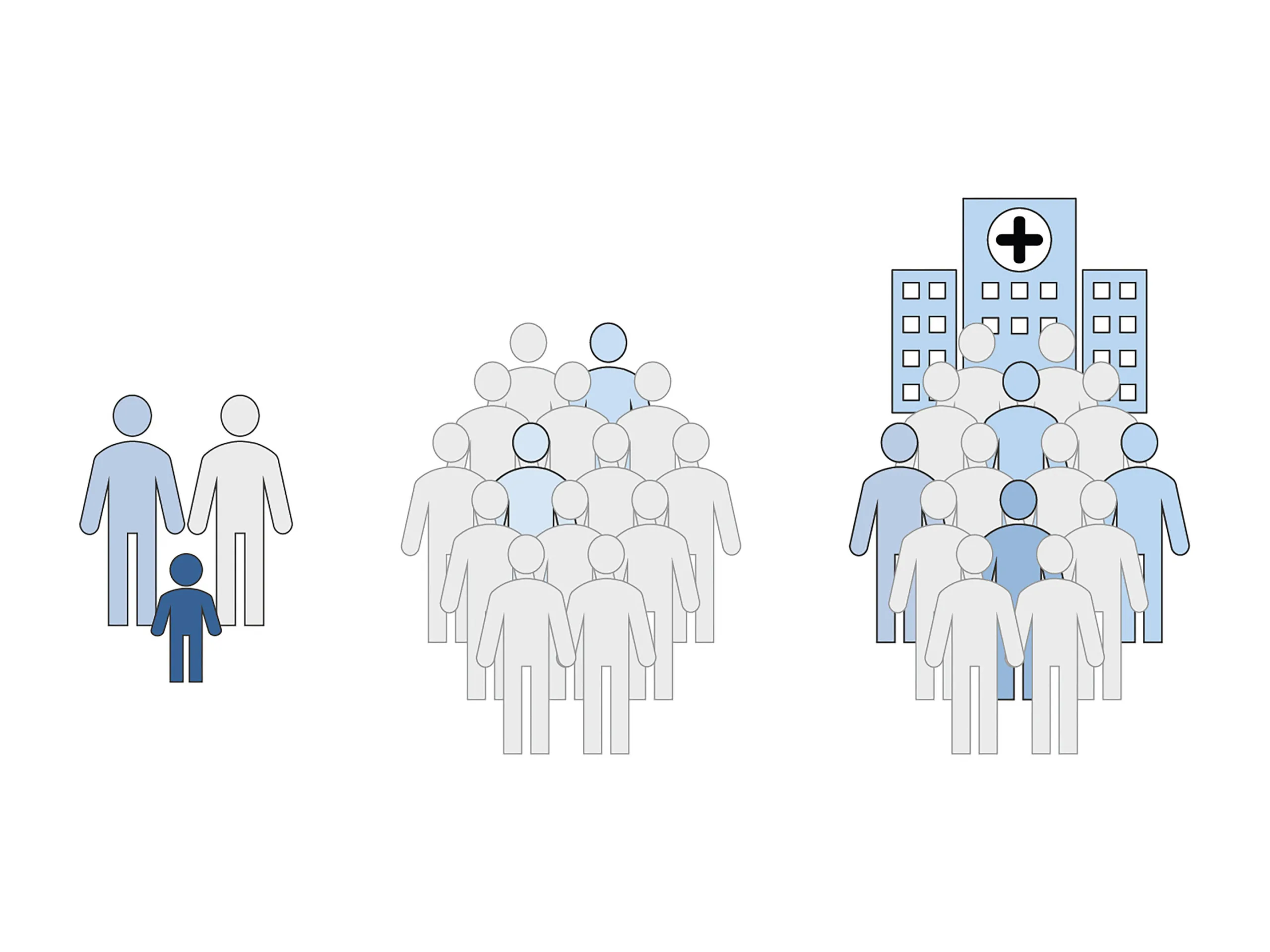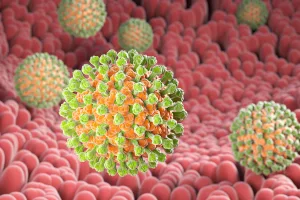Unraveling the Complexities of Genetic Predisposition
Genetics play a significant role in determining our health, but the relationship between genes and disease manifestation isn’t always straightforward. The presence of a specific genetic marker doesn’t guarantee the development of a related condition, nor does it ensure a uniform presentation across individuals.
The Variable Expression of Genes
Consider a scenario where both a parent and child share a genetic marker associated with autism. While one might develop autism, the other might not exhibit any clinical signs. Even if both individuals are affected, the symptoms and severity can differ considerably. This phenomenon is known as variable expressivity.
Factors Influencing Gene Expression
Several factors can influence how genes are expressed:
- Environmental factors: Exposure to certain environmental toxins or pathogens can trigger or exacerbate genetic predispositions.
- Lifestyle choices: Diet, exercise, and other lifestyle factors can influence gene expression and disease development.
- Epigenetics: Chemical modifications to DNA that alter gene expression without changing the underlying DNA sequence.
- Other genes: The interaction of multiple genes can influence the manifestation of a specific trait or condition.
Implications for Diagnosis and Treatment
The complexities of genetic expression have significant implications for diagnosis and treatment.
- Personalized medicine: Understanding individual genetic profiles can help tailor treatments to maximize effectiveness and minimize side effects.
- Early detection: Identifying genetic markers can allow for early intervention and preventive measures.
- Genetic counseling: Individuals with a family history of genetic disorders can benefit from genetic counseling to understand their risk and make informed decisions about family planning.
Final Overview
The relationship between genes and disease is intricate, influenced by a multitude of factors. While genetic testing can provide valuable insights, it’s crucial to recognize that genes are not destiny. By understanding the complexities of genetic expression, we can work towards more effective strategies for prevention, diagnosis, and treatment.



+ There are no comments
Add yours